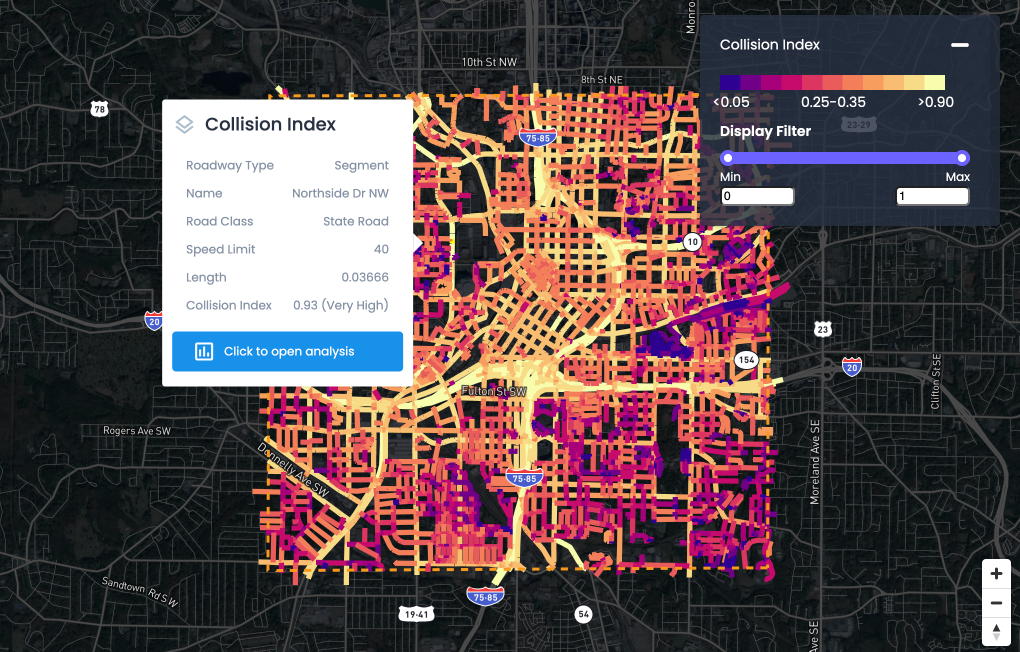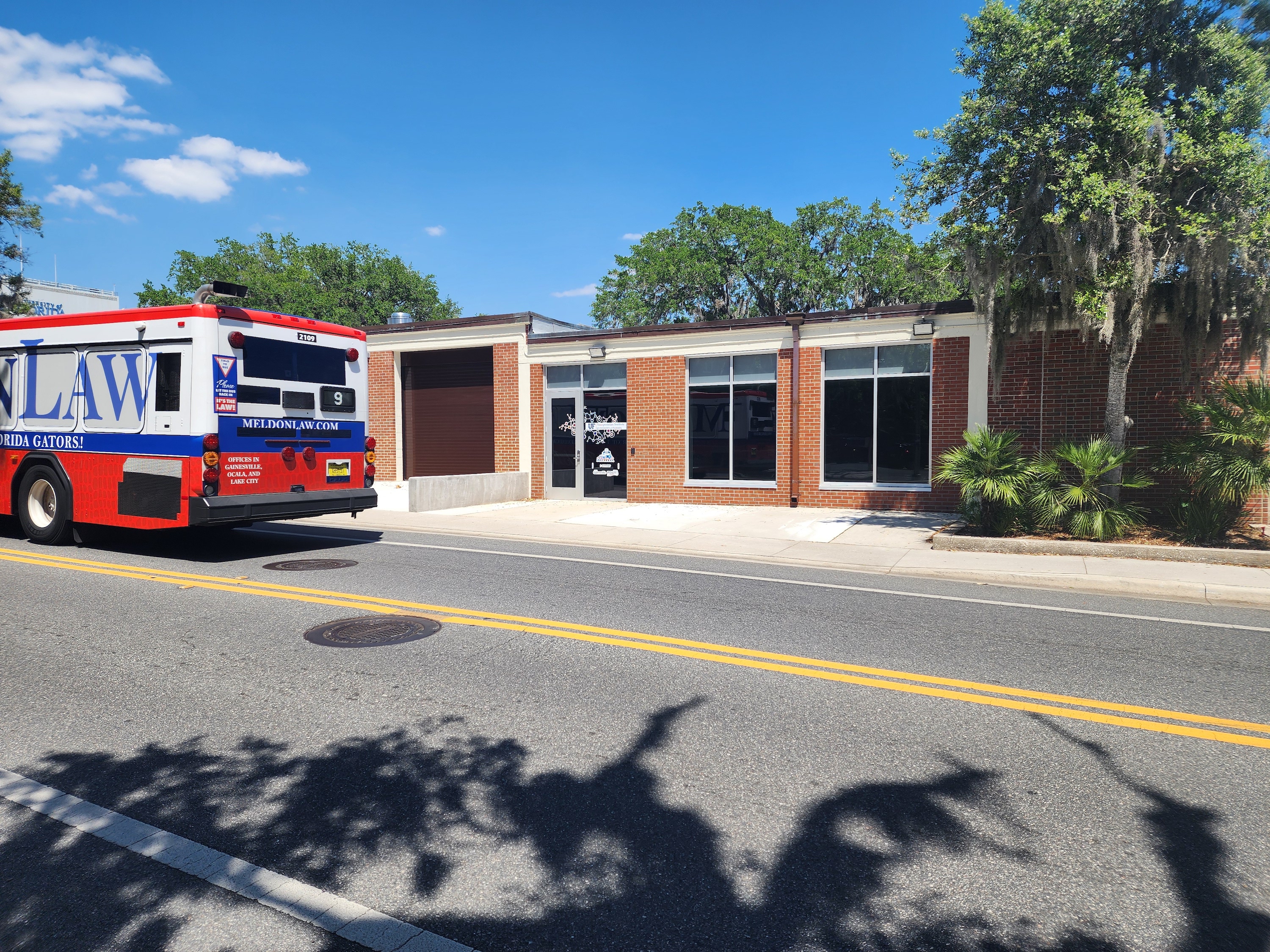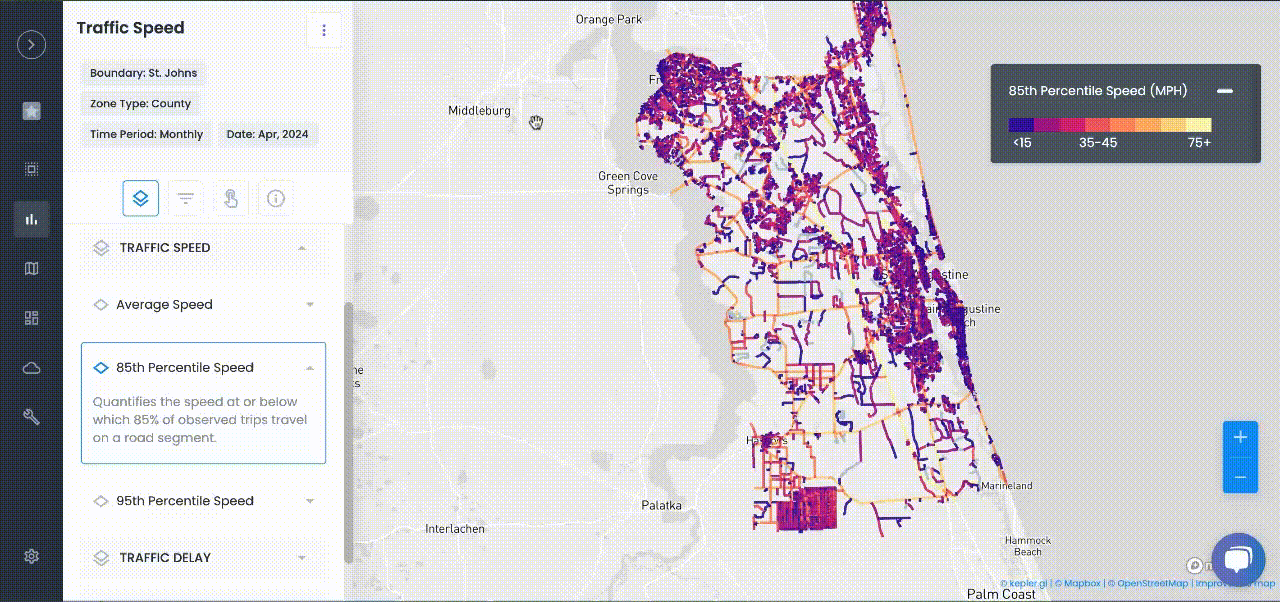
Articles
Finding Balance Between a Connected World and Community Resilience
The war in Ukraine has illustrated how fragile a global economy is, underscoring the need for greater community resilience.
The war in Ukraine has illustrated how fragile a global economy can be, underscoring the need for greater community resilience.
Since Russia launched war against Ukraine in late February, Western countries have come together to send weapons and aid to Ukraine while imposing harsh sanctions on Russia, effectively cutting it off from the global financial system.
To date, the United States has gone further than its European allies, with President Biden signing an executive order to halt all Russian oil and gas imports.
According to CNN, as of March 16, half of Russia’s foreign reserves were frozen due to sanctions; the Ruble has lost much of its value; Russian stock markets have remained closed, and they will be unable to import many goods.
Intended to punish the Russian government, and especially its leaders, it is unclear if the sanctions will affect the course of the war.
They are, however, being felt by communities across the globe.
Global Dependency
Although Russia accounts for less than 10 percent of America’s oil imports, the war and the sanctions still caused a reaction in the global oil market, sparking higher oil prices. Gas prices in the United States also rose, at the same time, although the extent of correlation is unclear.
The high prices — exceeding $5 a gallon in parts of California — have sparked anger among drivers and led to various proposals — such as a gas tax holiday — to mitigate the effects of the increase.
These proposals are popular even in states where people profess to be concerned about climate change, which reveals the paradox that transportation accounts for 29 percent of carbon emissions in the United States.
With so many combustion-engine vehicles in the country and increasing numbers of large, heavy “light trucks” and SUVs that get low gas mileage, the country will be more vulnerable to shocks in oil prices from events while consuming more oil and producing more carbon emissions.
While the country is slowly transitioning to electric vehicles and renewable energy, this will take time. To minimize disruptions to the economy, cities should plan for greater resilience to shortages and other shocks.
The Cost of Transportation
According to The Motley Fool, transportation is the second biggest household cost for Americans, coming to a little over $9,700 a year. It amounts to about 20 percent of income and is the second biggest cost after housing.
Of the amount spent on transportation, the second biggest component after the cost of the vehicle, is gas and oil, totaling about $2,100 a year.
Between the high cost of driving and the limited utility of public transportation in much of the country, Americans are hurt more by the sudden price shifts.
How Policymakers Can Help
Transit agencies and local governments can help promote community resilience with policy and good messaging.
For instance, many Americans are planning on returning to the office over the next month or so. Supporting a continuation of large scale work from home would help greatly reduce the number of trips a typical person takes.
During lockdown, gas prices fell drastically, because demand tumbled as people stayed home.
Cities and transit agencies could also bring back carpool lanes and offer incentives to use them. This would reduce the number of car trips, though not greatly.
Lastly, during the 2008 financial crisis, when gas prices last peaked, transit ridership rose. Agencies could be aggressive, promoting transit use and using any ridership increase to argue for better infrastructure like dedicated bus lanes.
It is also an opportune time to roll out support for active transportation — bike routes and lanes, traffic calming, and other measures can promote walking and cycling while reducing vehicle speeds, which can help drivers save gasoline.
Creating Community Resilience
Ultimately, the best way to be resilient from global events is to build communities where people aren’t dependent on driving for their daily needs. Walkable “Fifteen Minute Cities”, where school, work, groceries and other needs are just a fifteen minute walk away.
Remaking many places in America in this way will be difficult and expensive, if not controversial, but may be the only alternative to a painful transition, especially as Baby Boomers age and cease driving.
The last few years have seen the world come face to face with the fragility of many of its sustaining systems.
A disease can spread across the world; overwhelming hospitals and shutting down pretty much all of public life; a ship can get stuck in the Suez Canal, disrupting global trade.
Globalization has shrunk the world and made it more interconnected than ever. And while that has many positives, it also makes people in the United States more vulnerable to politics or disasters on the other side of the world — and vice versa — highlighting the need for community resilience.
Policymakers will have to contend with this fragility, to protect the benefits of a connected world while minimizing the risks of over-dependence.

NEWS
Recent Announcements
See how public sector leaders succeed with Urban SDK.

Company News
Urban SDK Joins Government Technology’s AI Council to Help Shape the Future of AI in the Public Sector
We’re proud to announce that Urban SDK has officially joined the AI Council, part of Government Technology’s Center for Public Sector AI

Company News
Collision Index: Proactive Traffic Safety Powered by AI
Communities now have another layer of road safety thanks to Urban SDK’s Collision Index

Customer Stories
University of Florida Transportation Institute Partners with Urban SDK to Expand I-STREET Program
Urban SDK and the University of Florida have partnered to expand the university's I-STREET Program
WEBINAR
Identify speeding and proactively enforce issues
See just how quick and easy it is to identify speeding, address complaints, and deploy officers.
